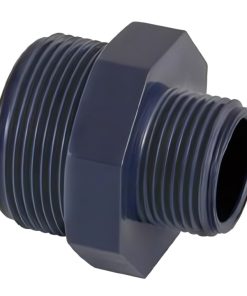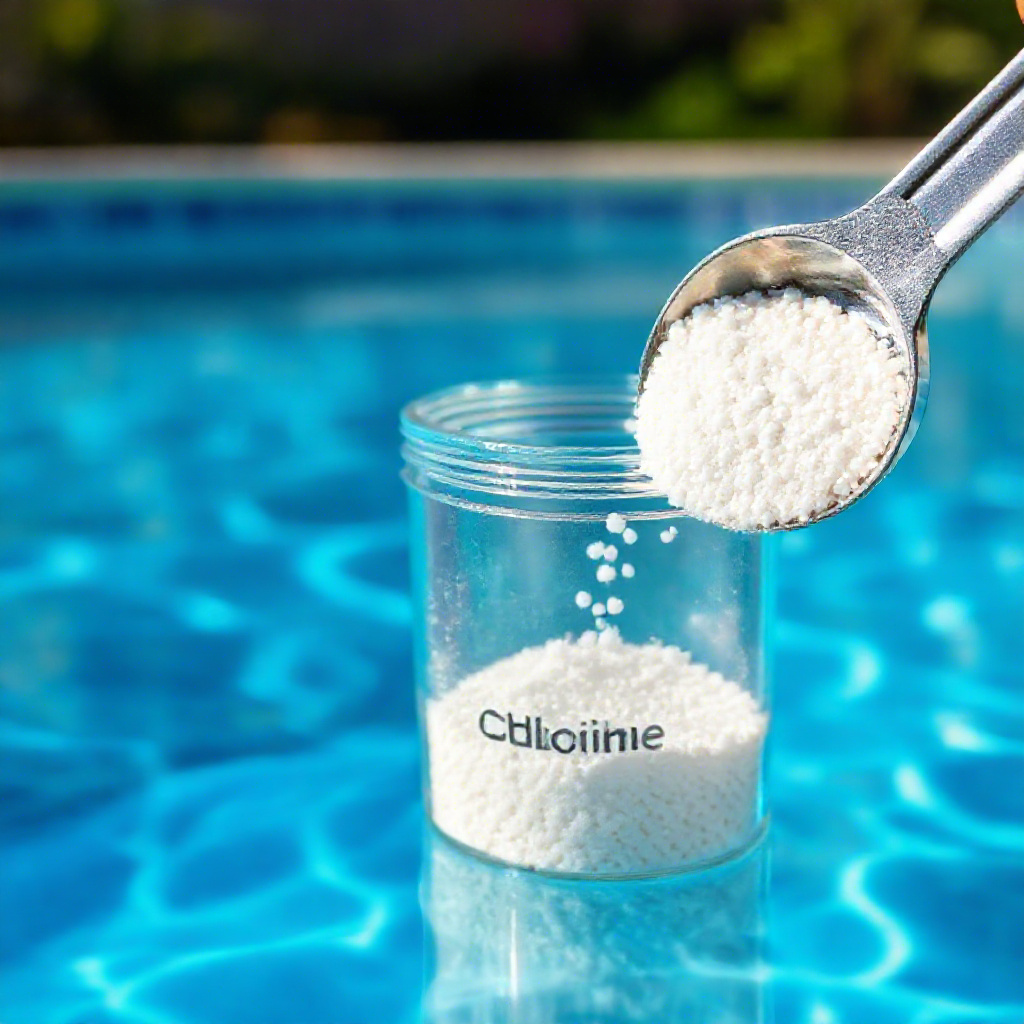Hottub, Swimming Pool
Managing Chemical Disinfection in Spa Pools
Managing Chemical Disinfection in Spa Pools
The process of disinfection stands as a fundamental requirement for spa pool maintenance because it removes dangerous microorganisms from water. The following guide provides essential information about effective chemical disinfection management along with safety precautions.
Why Is Disinfection Necessary?
The water in spa pools rapidly develops contamination from bacteria together with viruses and other pathogens. Chemical disinfectants including chlorine and bromine function to eliminate microorganisms which protects users from harm.
Best Practices for Disinfection
Regular water testing should be performed to check disinfectant levels which should be kept within a specific range.
Automated chemical dispensing systems should be used for maintaining steady chemical distribution.
The application of too much disinfectant results in equipment damage and skin discomfort for users.
Spa Pool Disinfection Frequently Asked Questions
Q: What is the ideal chlorine level for a spa pool?
A: The most effective disinfection occurs when chlorine levels remain between 3–5 ppm.
Q: How often should I check chemical levels?
A: Commercial pools require daily testing of chemical levels but domestic pool owners should check before each use.
Ensure Safe Waters
The correct disinfection process safeguards both your swimming pool users and equipment systems. Your spa pool will offer safe enjoyment to all users because of your consistent maintenance efforts.


















